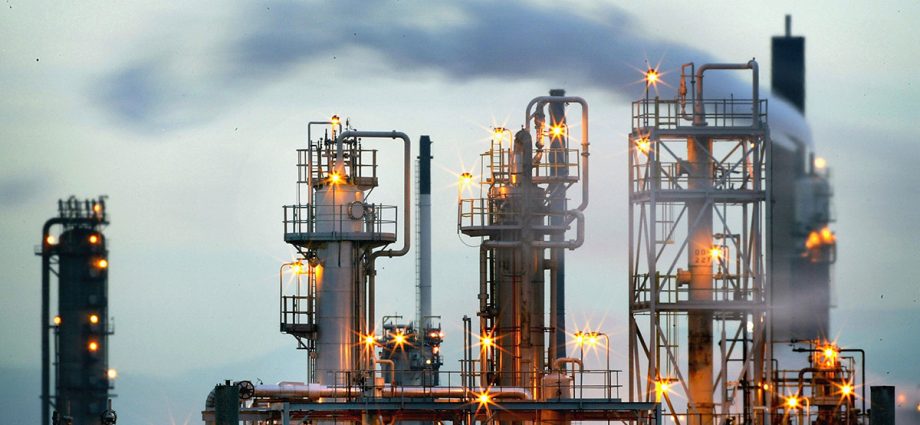The demand to shut down oil refineries producing substandard oil has been raised. Despite government incentives, refineries have not upgraded.
ISLAMABAD ( WEB NEWS )
During a session of the National Assembly’s Standing Committee on Petroleum, it was revealed that refineries that process crude oil are producing substandard oil, which is contributing to the spread of cancer and asthma. A demand has been made to shut down oil refineries that produce Euro-2 and substandard oil due to its harmful effects on public health. Despite receiving government incentives, the refineries have not upgraded themselves.
The meeting of the National Assembly’s Standing Committee on Petroleum was chaired by Chairman Syed Mustafa Mahmood. Committee member Gul Asghar Baghor and others argued that petroleum products contribute to respiratory diseases like asthma and cancer, putting the population at risk. The petroleum products contain high levels of manganese and NMA (Naphthenic Acid). The committee chairman noted that local refineries have failed to reduce the manganese content in petrol and also failed to lower the sulfur content in diesel.
Syed Naveed Qamar stated that local refineries have been receiving government incentives, but questioned whether they have upgraded in exchange for these benefits. The chairman of the committee directed the Ministry of Petroleum to provide a detailed cost analysis of per-liter production of oil that contains NMA and magnesium, as these are considered threats to public health.
Officials from the Petroleum Division and OGRA (Oil and Gas Regulatory Authority) stated that five refineries hold strategic importance, and subsidies and incentives for their upgrade should continue. OGRA Chairman Masroor Khan mentioned that the refineries are facing challenges, especially after the federal budget for the current fiscal year, which is negatively affecting their operations and fresh investments.
OGRA Chairman and Petroleum Division Secretary Momin Agha informed the committee that the implementation of the refining policy has been influenced by recent changes in the Sales Tax Act, although petroleum products have been exempted from sales tax. The matter is being reviewed in consultation with the Finance Division and FBR (Federal Board of Revenue).
In response to a question from committee member Asad Alam Niazi about progress on the deregulation of petroleum products, the OGRA Chairman stated that the authority and the Petroleum Division are engaged with various stakeholders but could not provide a timeline. However, the Managing Director of PSO (Pakistan State Oil) mentioned that the company would support the deregulation of petroleum products if it is given the authority to make decisions regarding purchasing petroleum products in the international market.
The committee also took serious notice of the absence of Petroleum Minister Musadik Malik, as well as the Managing Directors of OGDCL (Oil & Gas Development Company Limited), PPL (Pakistan Petroleum Limited), and Mari Petroleum. The Secretary explained that the Energy Minister had to travel to Russia for important meetings related to the sector, and the two managing directors of OGDCL and PPL were in London for consultations regarding the Reko Diq shares.

